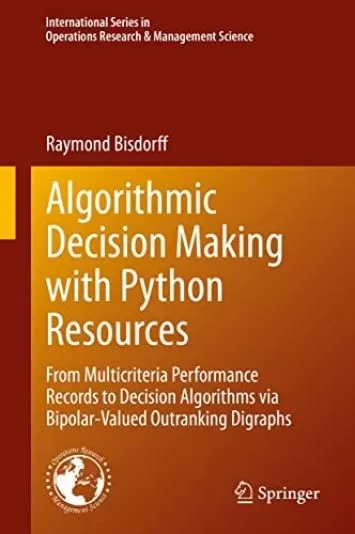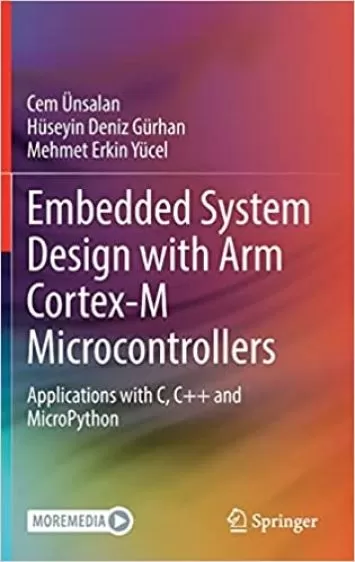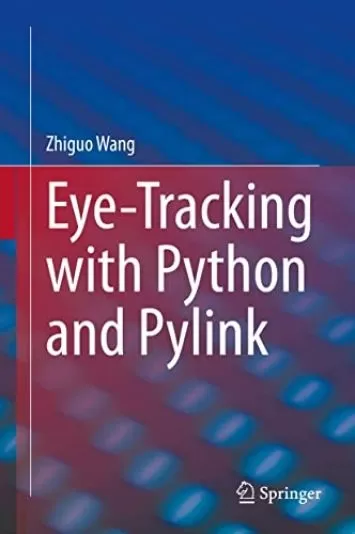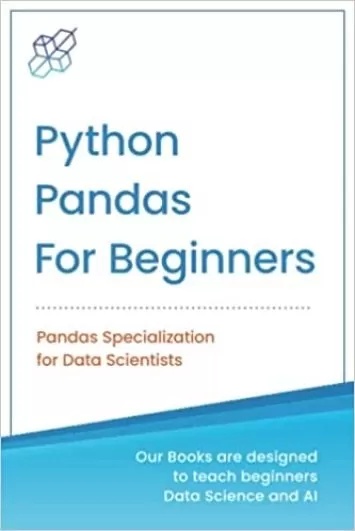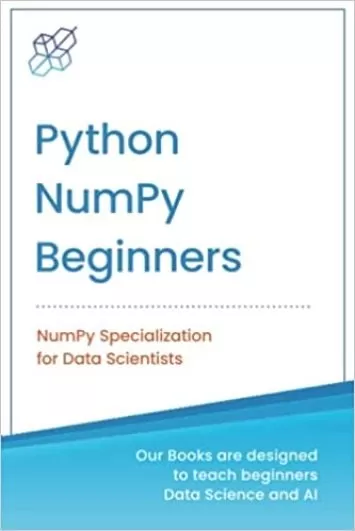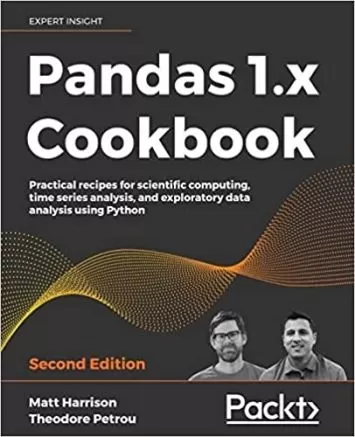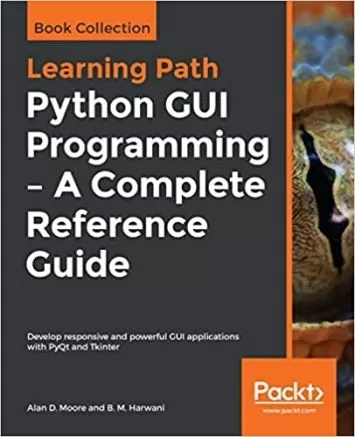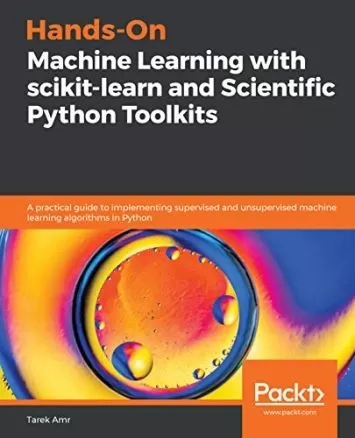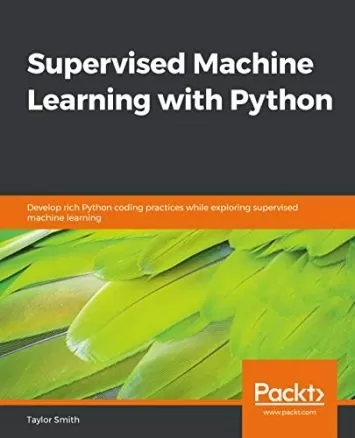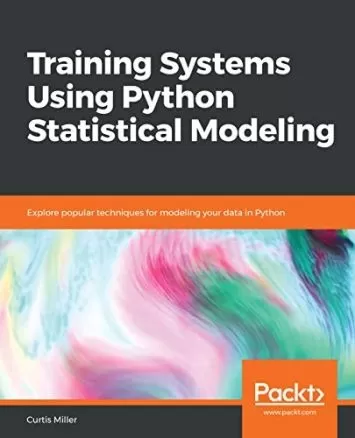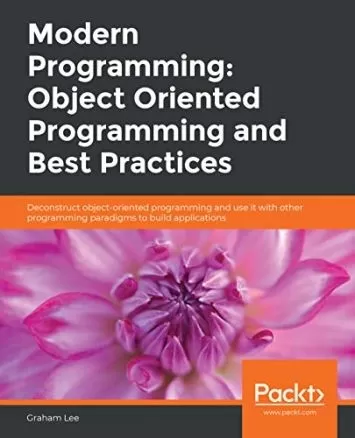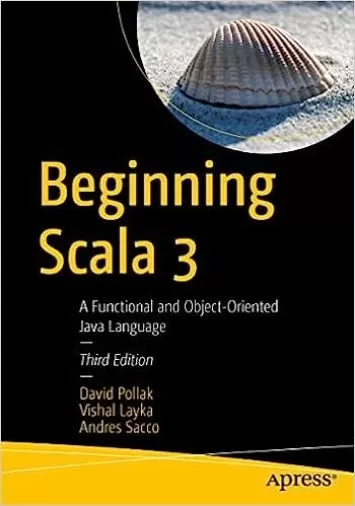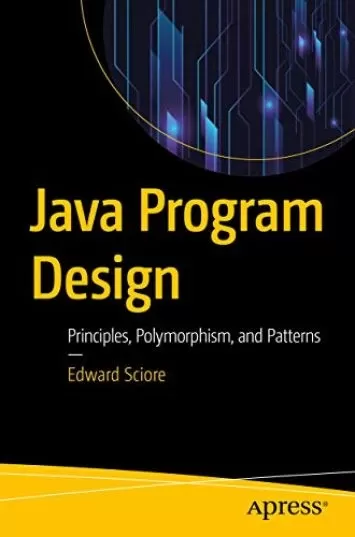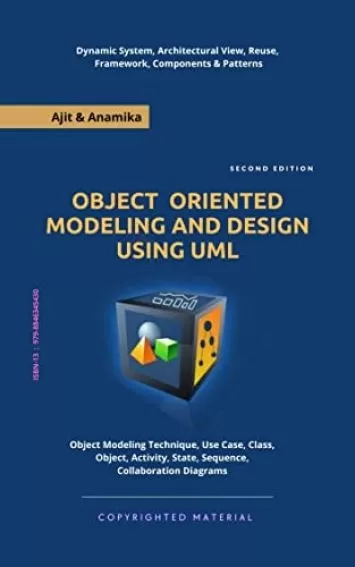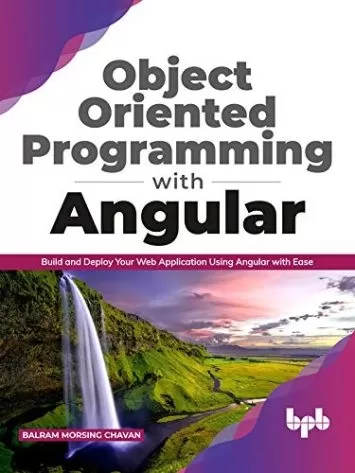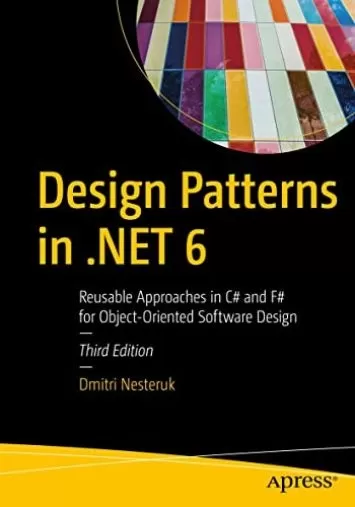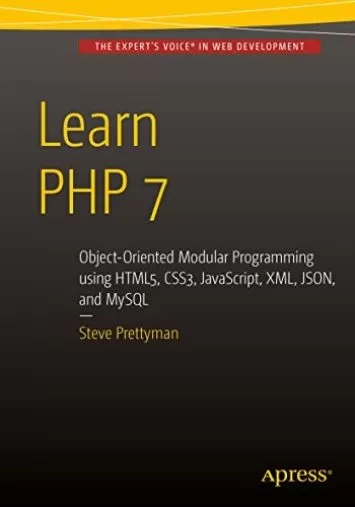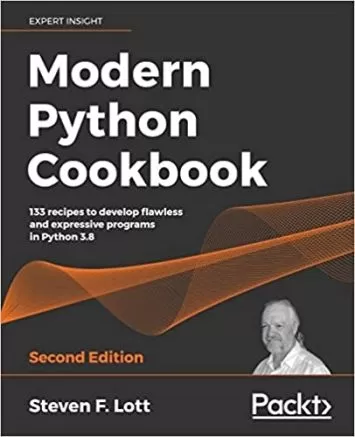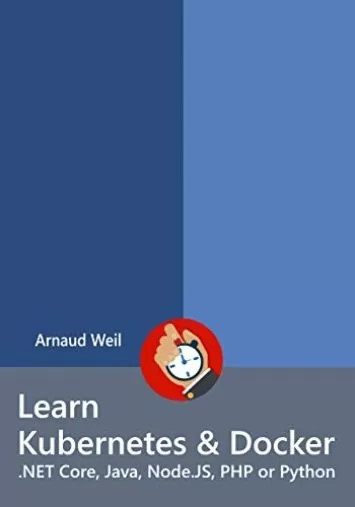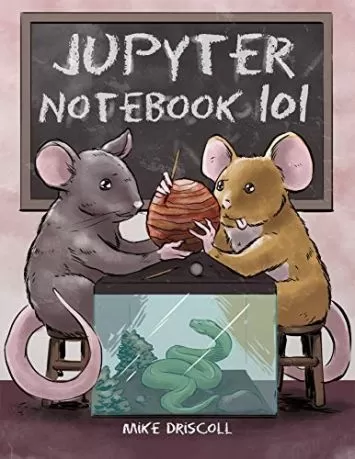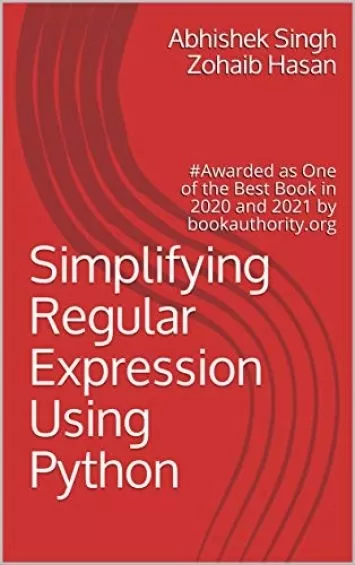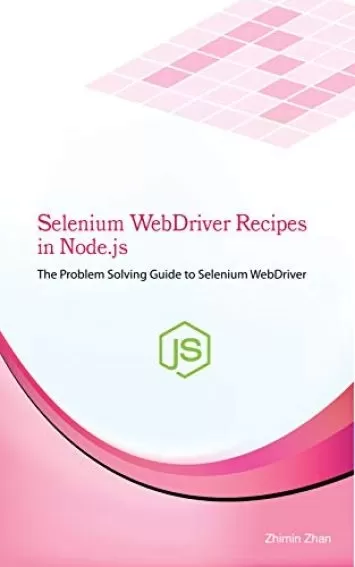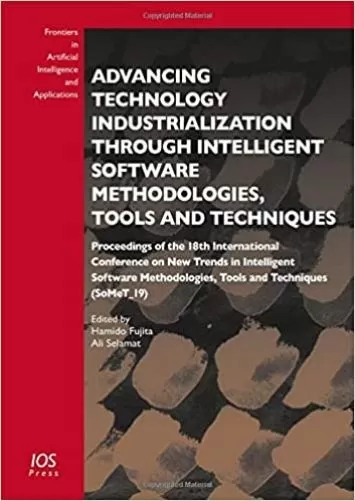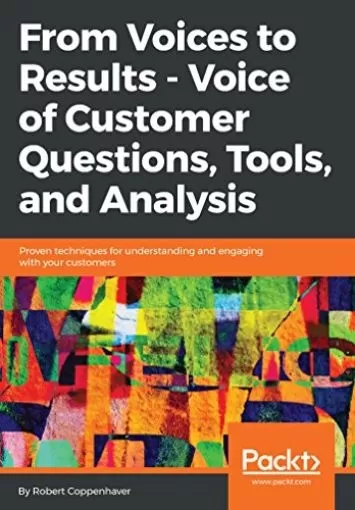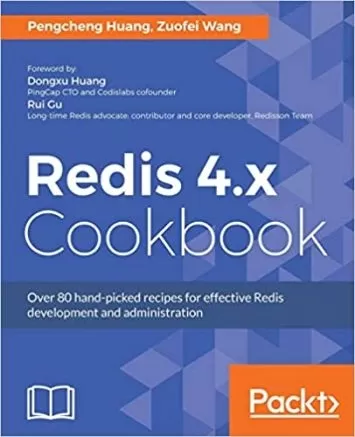
Python Object-Oriented Programming: Build robust and maintainable object-oriented Python applications and libraries, 4th Edition
Category
Author
Publication
Packt Publishing
Object-oriented programming (OOP) is a popular design paradigm in which data and behaviors are encapsulated in such a way that they can be manipulated together. Python Object-Oriented Programming, Fourth Edition dives deep into the various aspects of OOP, Python as an OOP language, common and advanced design patterns, and hands-on data manipulation and testing of more complex OOP systems. These concepts are consolidated by open-ended exercises, as well as a real-world case study at the end of every chapter, newly written for this edition. All example code is now compatible with Python 3.9+ syntax and has been updated with type hints for ease of learning.
Steven and Dusty provide a comprehensive, illustrative tour of important OOP concepts, such as inheritance, composition, and polymorphism, and explain how they work together with Python's classes and data structures to facilitate good design. In addition, the book also features an in-depth look at Python's exception handling and how functional programming intersects with OOP. Two very powerful automated testing systems, unittest and pytest, are introduced. The final chapter provides a detailed discussion of Python's concurrent programming ecosystem.
By the end of the book, you will have a thorough understanding of how to think about and apply object-oriented principles using Python syntax and be able to confidently create robust and reliable programs.
About the Author
Steven F. Lott has been programming since the 70s, when computers were large, expensive, and rare. As a contract software developer and architect, he has worked on hundreds of projects, from very small to very large. He's been using Python to solve business problems for almost 20 years.
Dusty Phillips is a Canadian software developer and an author currently living in New Brunswick. He has been active in the open-source community for 2 decades and has been programming in Python for nearly as long. He holds a master's degree in computer science and has worked for Facebook, the United Nations, and several startups.
- Implement objects in Python by creating classes and defining methods
- Extend class functionality using inheritance
- Use exceptions to handle unusual situations cleanly
- Understand when to use object-oriented features, and more importantly, when not to use them
- Discover several widely used design patterns and how they are implemented in Python
- Uncover the simplicity of unit and integration testing and understand why they are so important
- Learn to statically type check your dynamic code
- Understand concurrency with asyncio and how it speeds up programs
If you are new to object-oriented programming techniques, or if you have basic Python skills and wish to learn how and when to correctly apply OOP principles in Python, this is the book for you. Moreover, if you are an object-oriented programmer coming from other languages or seeking a leg up in the new world of Python, you will find this book a useful introduction to Python. Minimal previous experience with Python is necessary.
- Object-Oriented Design
- Objects in Python
- When Objects Are Alike
- Expecting the Unexpected
- When to Use Object-Oriented Programming
- Abstract Base Classes and Operator Overloading
- Python Data Structures
- The Intersection of Object-Oriented and Functional Programming
- Strings, Serialization, and File Paths
- The Iterator Pattern
- Common Design Patterns
- Advanced Design Patterns
- Testing Object-Oriented Programs
- Concurrency







